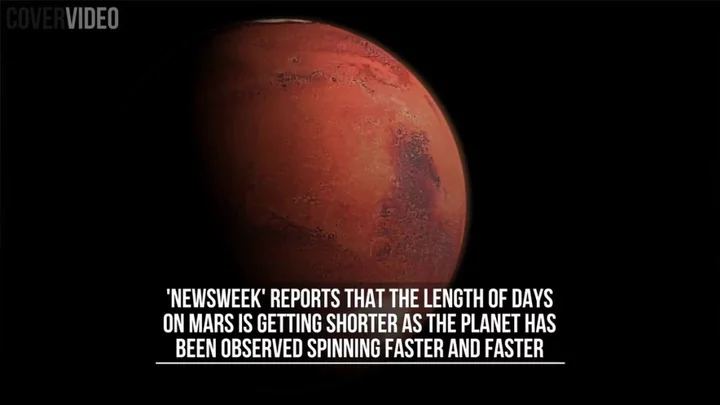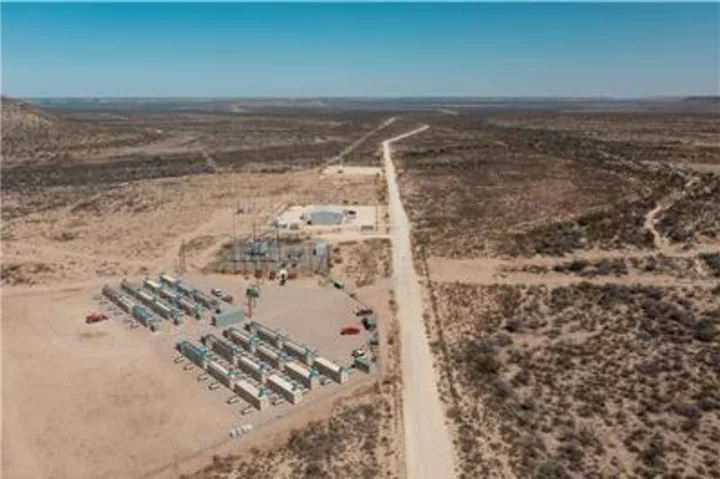It’s been revealed that Mars is spinning at a faster and faster rate, effectively shortening the length of a day on the planet’s surface.
Data collected by NASA’s Interior Exploration using Seismic Investigations, Geodesy and Heat Transport (InSight) lander has left experts puzzled.
The length of every day is shortening by a fraction of a millisecond each year, and experts don’t know exactly why it’s happening.
The findings also showed that the planet is 'wobbling' in an unusual way due to the molten metal “sloshing” in its core.
Sign up to our free Indy100 weekly newsletter
The reason for the planet speeding up is unclear, but one theory states that ice building up at the poles could be behind it.
Dr Bruce Banerdt of NASA’s Jet Propulsion Laboratory in Southern California and his colleagues are behind a study into the findings, which were published in the journal Nature.
Dr Banerdt said: “It’s really cool to be able to get this latest measurement — and so precisely.
“I’ve been involved in efforts to get a geophysical station like INSight onto Mars for a long time.”
He went on to say: “Results like this make all those decades of work well worth it.”
Meanwhile, another new study has found that Mars may have once had wet and dry seasons – like those on Earth – conducive to the emergence of life.
Researchers have discovered fossil evidence suggesting the red planet had a cyclical climate more than three billion years ago.
Nasa also recently discovered “diverse organic matter” on the surface of Mars, which could change our understanding of the planet and the search for life in the universe.
Have your say in our news democracy. Click the upvote icon at the top of the page to help raise this article through the indy100 rankings.









